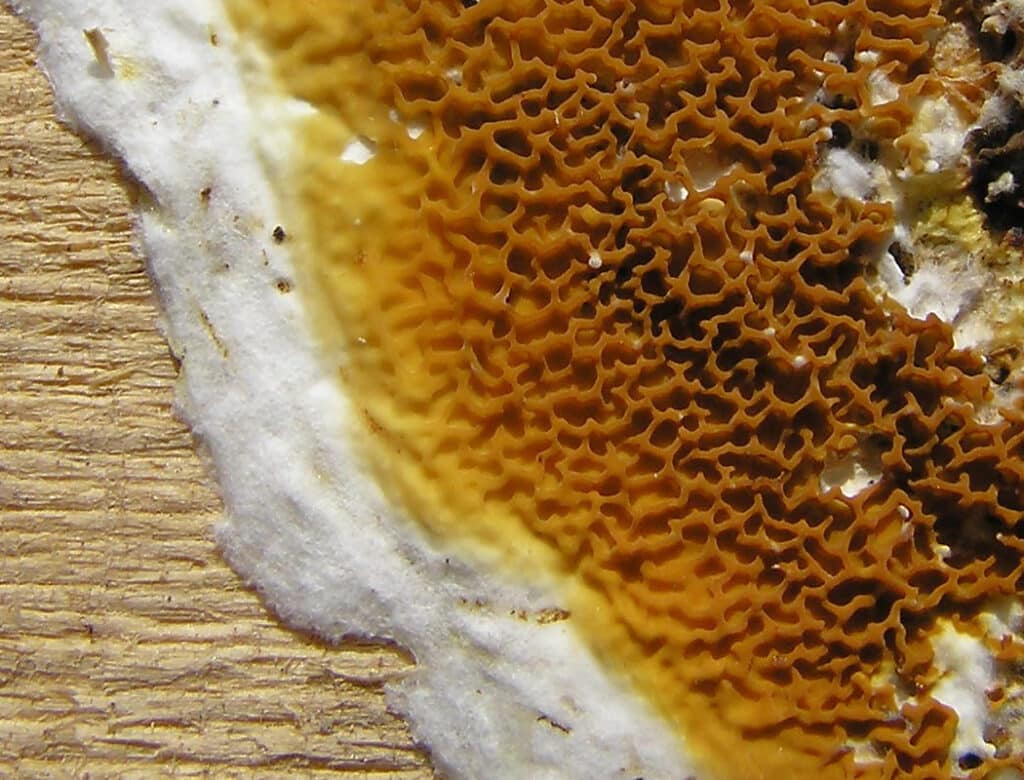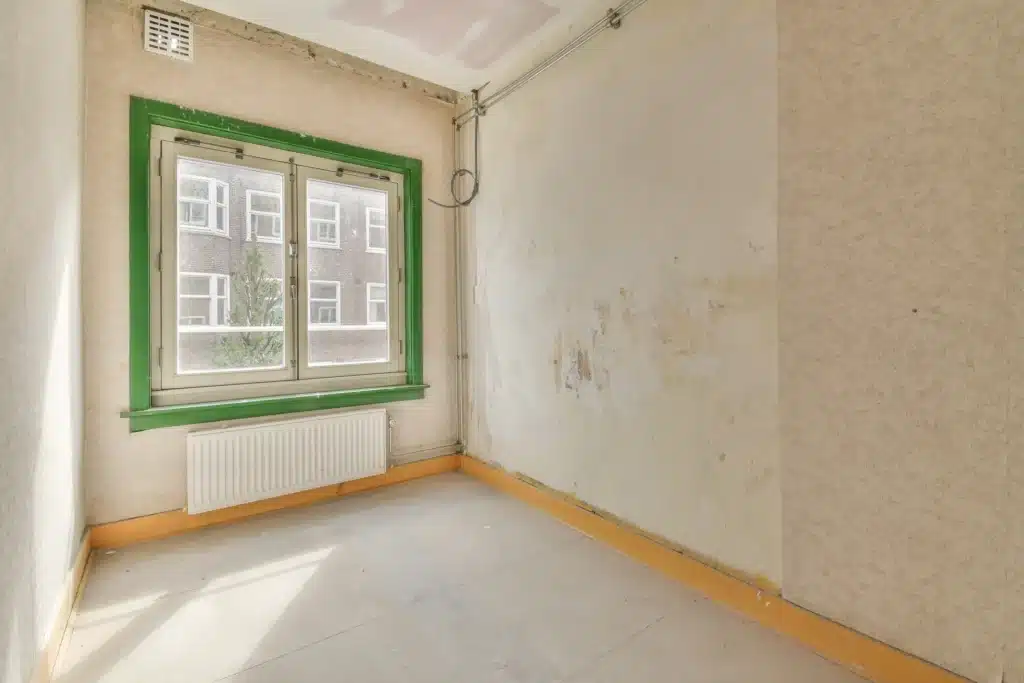Did you know that it is important to consider the quality of the air circulating inside our homes, offices and commercial premises? Indeed, we spend a large part of our days there, and we breathe this air most of our time. Find out why and how to improve indoor air quality.
Air quality, a vital factor for your health
If the air you breathe is not healthy, your body will feel the consequences directly. Indoor air is loaded with various pollutants that can greatly affect your state of health. This is the reason why it is essential to take due care of the air quality in homes. And when we talk about air quality, we are also talking about humidity levels which influence the appearance of allergens such as mold.
House occupants experience the effects of poor air quality in a home differently. Some may just suffer from a mild headache, throat or skin irritation, while others may have more serious symptoms such as allergies, asthma and other respiratory illnesses.
The different potential sources of pollutants present in indoor air
The factors that can contaminate the air circulating inside homes are many and varied. Here is a list of possible sources:
- External agents such as pollen, car exhaust, pesticides from garden plants…;
- Chemicals found in building materials, paints or furniture;
- Combustion gas emitted by heating appliances and household appliances (refrigerator, oven, etc.);
- Insecticides used in the home
- Cleaning products containing chemicals;
- Allergens emitted by pets, dust mites, mold…;
- Asbestos or lead paint in old buildings;
- Tobacco.
How to improve indoor air quality?
There are different ways to optimize the indoor air quality of your home. Here are some easy and practical tips to follow.
Have your home’s air quality checked regularly
Help a professional check the indoor air quality. The experts are equipped with various sophisticated devices measuring the rate of carbon monoxide, the concentration of radon, and other polluting substances. Some laboratories perform an air analysis to detect mold and allergens present in it.
Controlling humidity
With a hygrometer, you can measure the humidity level in your home. During the winter, the percentage should be around 30% and in the summer, it should not exceed 50%. Air that is too humid is conducive to the proliferation of mold. To reduce the humidity in your home, check your plumbing for leaks, run bathroom fans, open curtains and blinds all day on sunny days, and dry clothes in the air. ‘outside.
Ventilate the house as much as possible
Well ventilating the house is essential to optimize air quality. Have the ventilation ducts cleaned periodically and replace the filters regularly. Open doors and windows during the day to allow air to circulate and leave a space between furniture and walls to prevent the accumulation of contaminants.







About The Author: Cedric Pharand
More posts by cedric Pharand